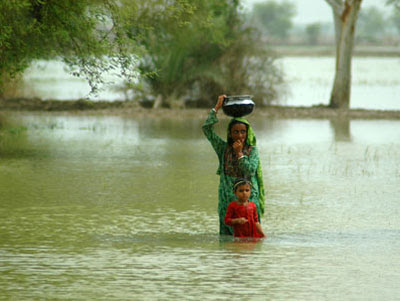Sport and capitalism -- Would Gramsci go to the footy?

No Pain, No Gain? Sport and Australian Culture
By Dr Jim McKay
Prentice Hall, 1991. 189 pages.
Review by Phil Shannon
Sport tells lies. According to Jim McKay, sport is a social prop to the domination of capitalist ideas and values. Fundamental to the maintenance of this dominance are the mass media, which ``selectively articulate capitalist rationality, masculine hegemony, Eurocentric racism, militaristic nationalism and liberal values'' -- a toxic mix of ideological viruses.
Australia: The DSP in the 1980s
[This first appeared as the introduction to Building the Revolutionary Party: Jim Percy Selected Writings 1980-87 (Resistance Books: Chippendale, 2008). Dave Holmes is now a leader of the Socialist Alliance in Melbourne. This and other writings are also available at Dave Holmes' blog, Arguing for Socialism.]
By Dave HolmesThis is the second volume of writings and speeches by Jim Percy, one of the founders of Australia's Democratic Socialist Perspective and its longtime central leader until his death in 1992. These seven items — reports given by Jim to conferences and leadership gatherings of the DSP (or SWP, Socialist Workers Party, as it was known in this period) — span the years 1980 to 1987.
Swaziland: Small country, big struggle -- global day of action for democracy

[The Swaziland Democracy Campaign (SDC), formed by trade unions, political par
Venezuela: Land reform, food sovereignty and agroecology

By Alan Broughton
Australia: Swing to Greens a shift to left as neither major capitalist party wins a mandate

By Peter Boyle
August 24, 2010 -- Green Left Weekly -- By denying both the ruling Australian Labor Party (ALP) and the opposition Liberal Party-National Party coalition an outright majority, in primary votes and in federal House of Representatives (lower house) and Senate (upper house), Australian electors on August 21 voted “neither of the above” for the traditional parties of government. The result after election night was a hung parliament, with several rural independent MPs and one Greens MP to decide which party will form the next government.
This followed an election campaign in which the major parties conducted an ugly race to the right, most notoriously by scapegoating the few thousand desperate refugees who attempt to get to Australia on boats.
Pakistan: The flood disaster and the way out

By the Labour Party Pakistan (Karachi) and the National Trade Union Federation
South Africa: COSATU's Zwelinzima Vavi's Ruth First Memorial Lecture

Britain: What now for the Green Party?

By Peter Shield
August 17, 2010 -- The Green Party of England and Wales has made some major breakthroughs over the couple of years, the election of Caroline Lucas to the British parliament was one of the few bright points on an otherwise dismal election night on May 6, 2010. At a local level the Green Party now has just over 120 councillors and the two members of the European Parliament (MEPs). The problem however is that the election showed up how patchy and locally concentrated its support base actually is. With the Autumn party conference approaching what are challenges facing the Green Party.
